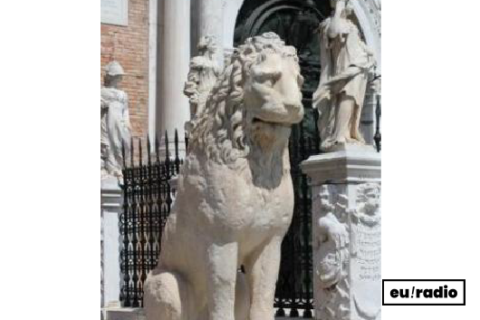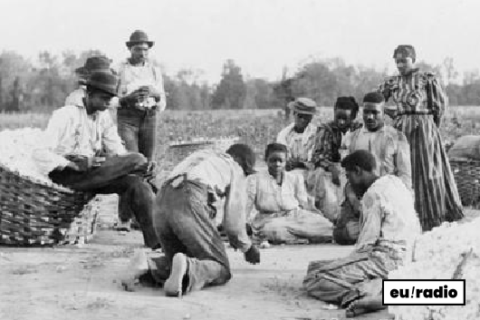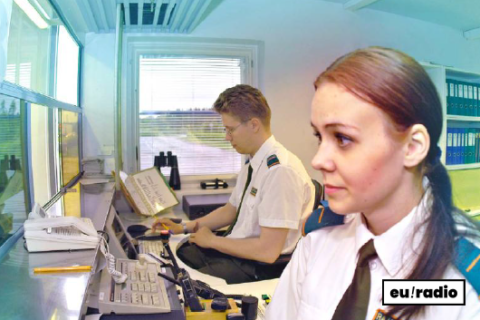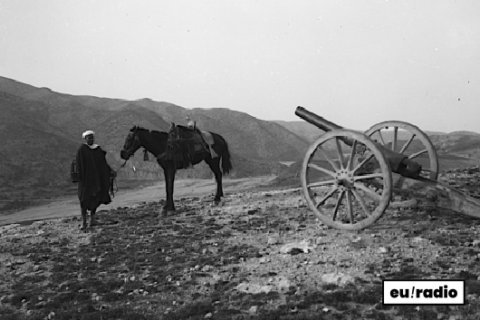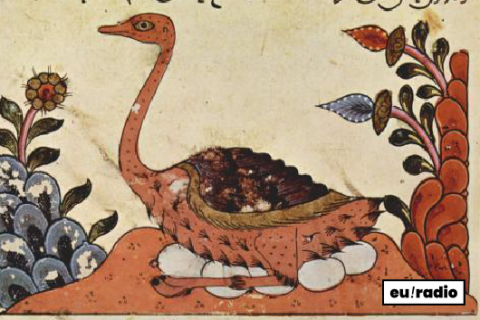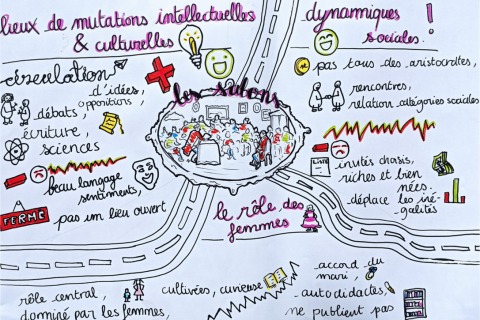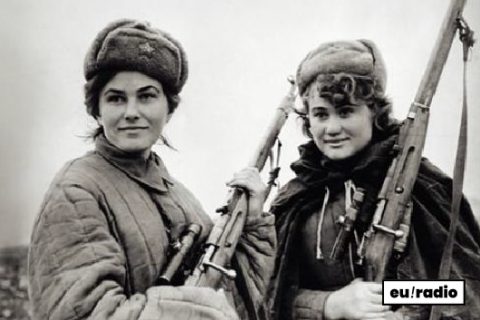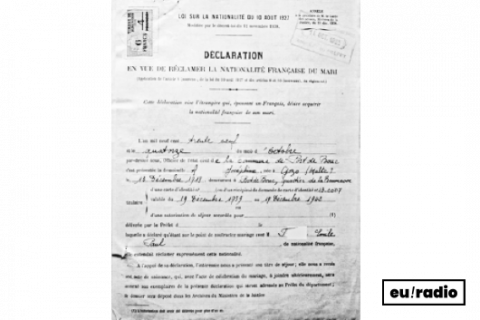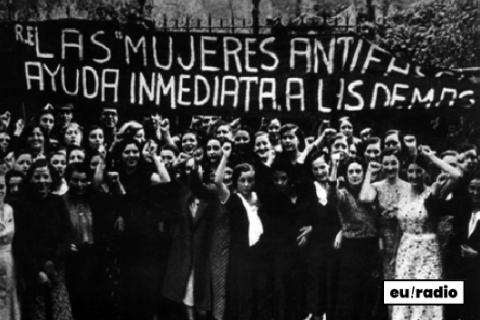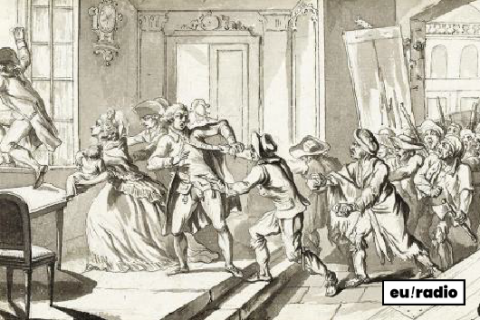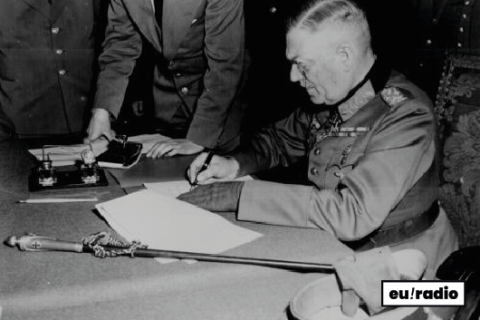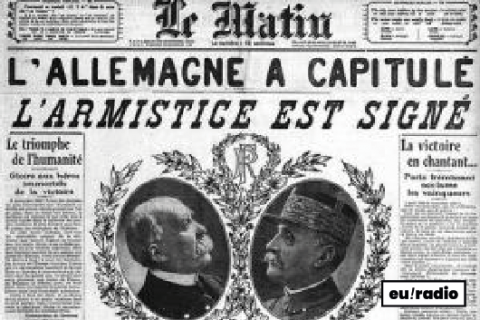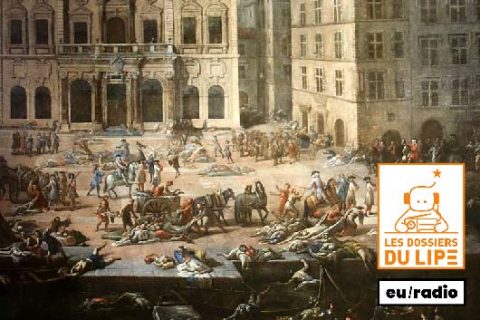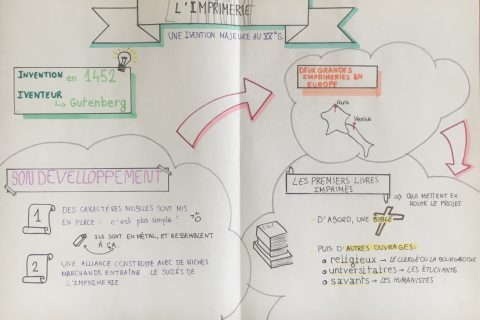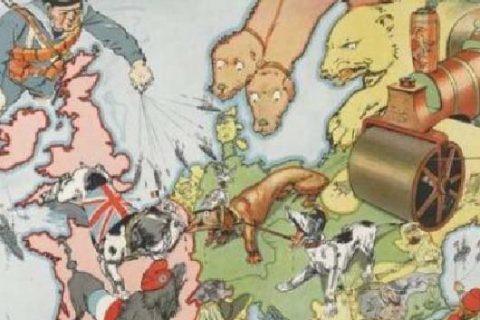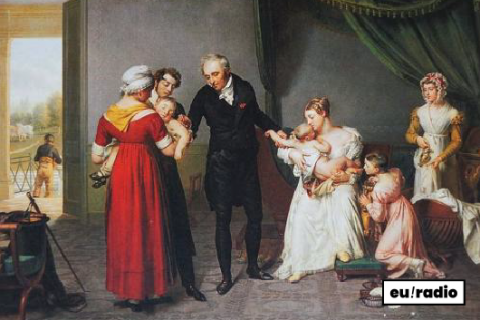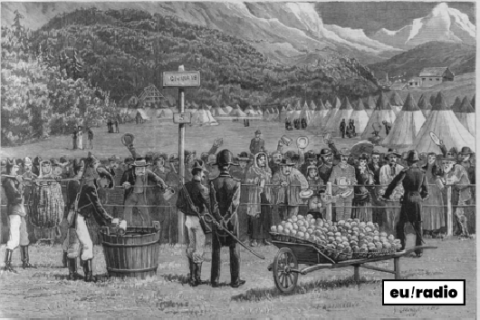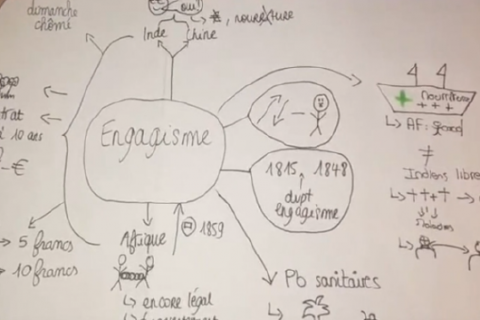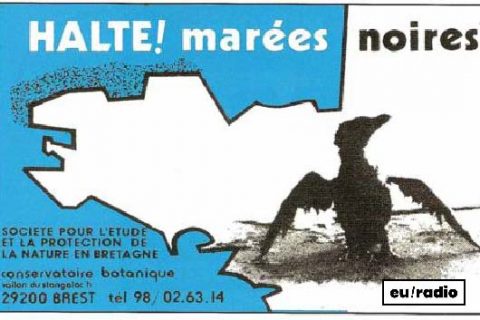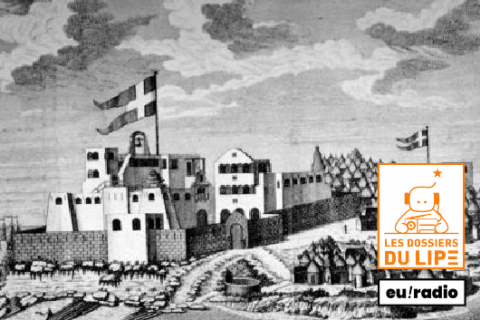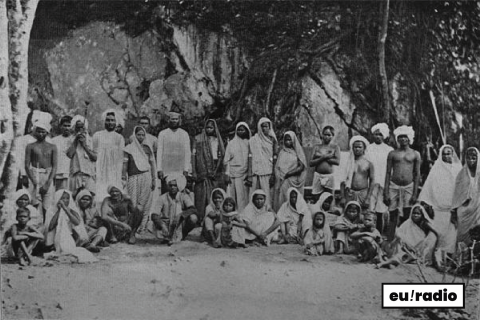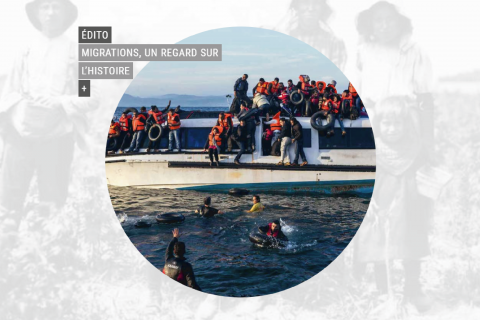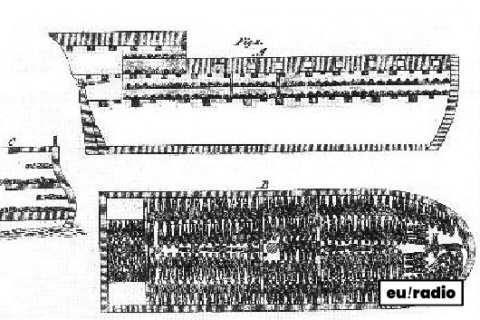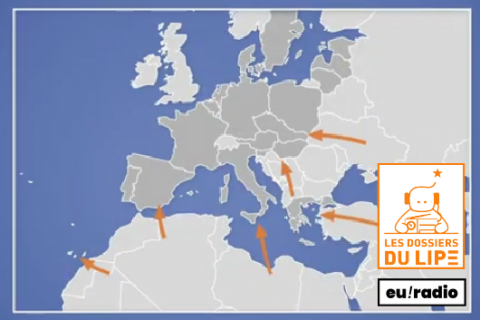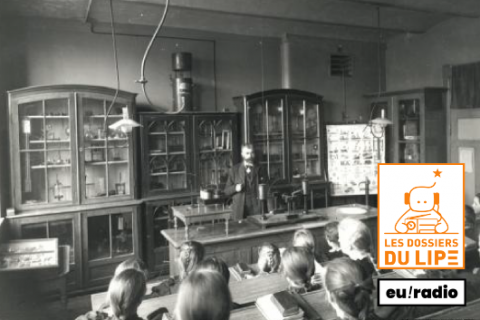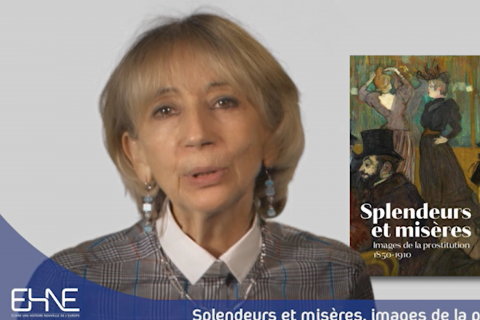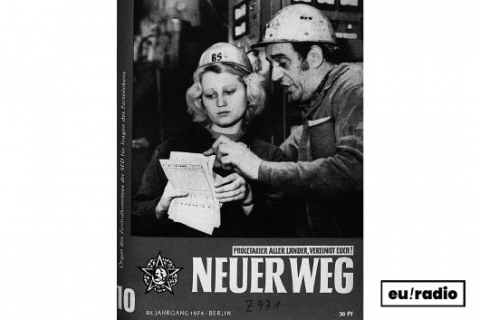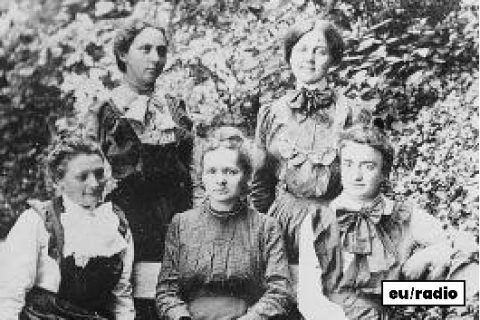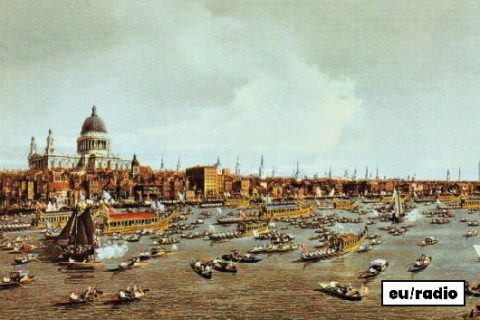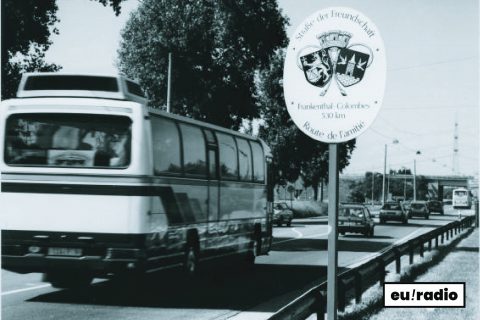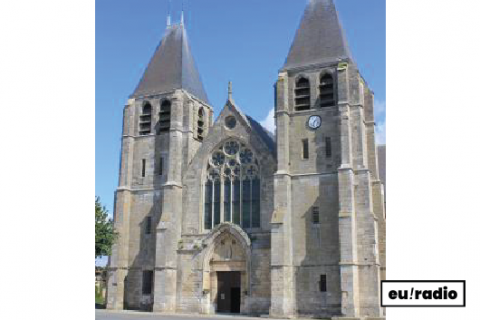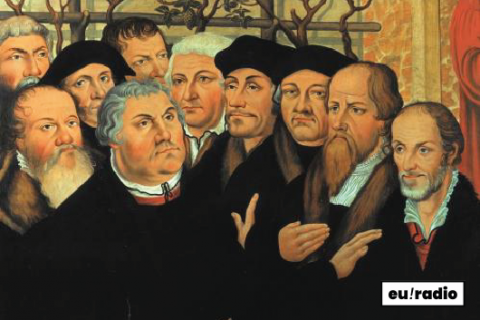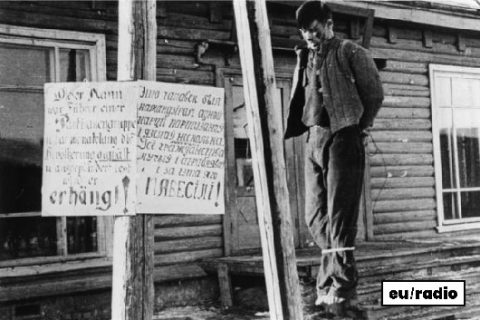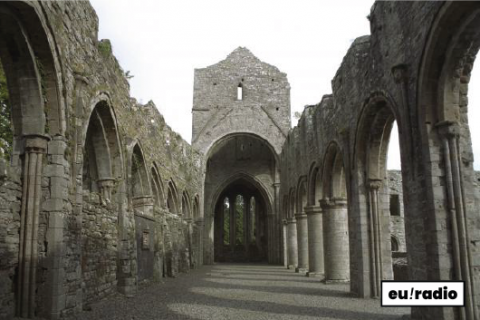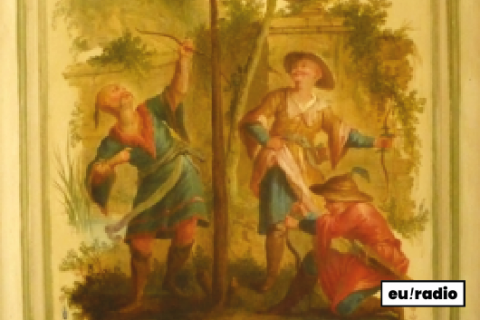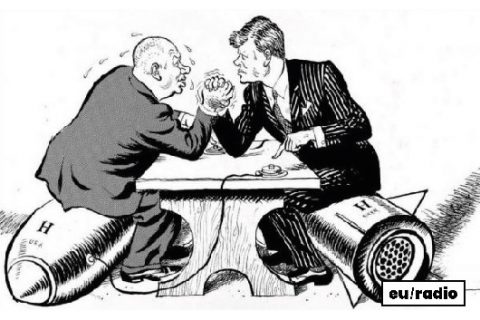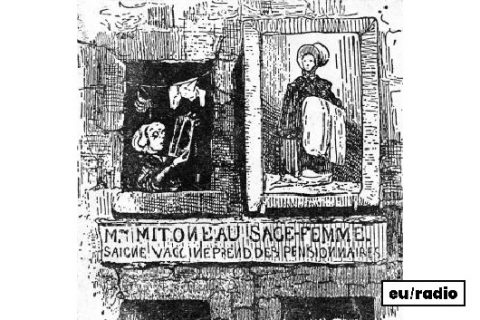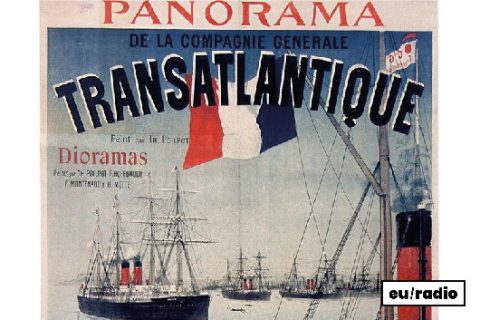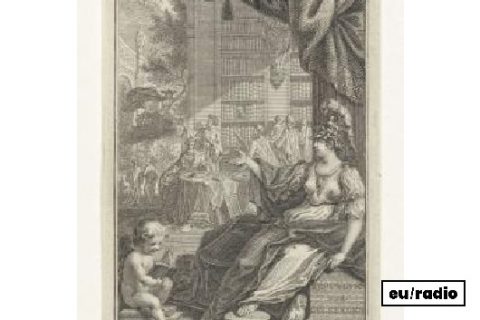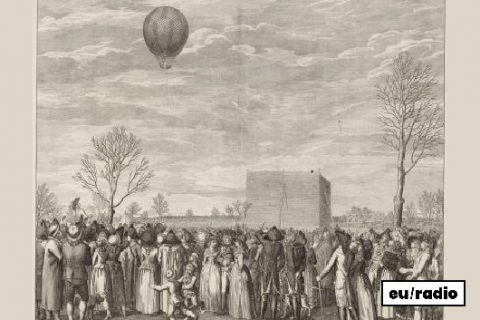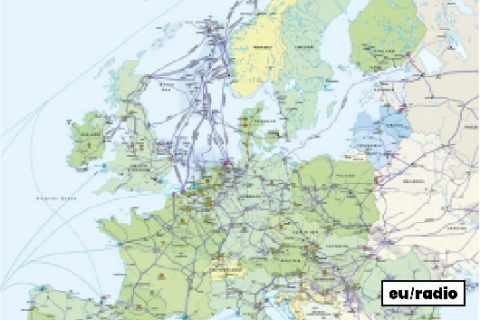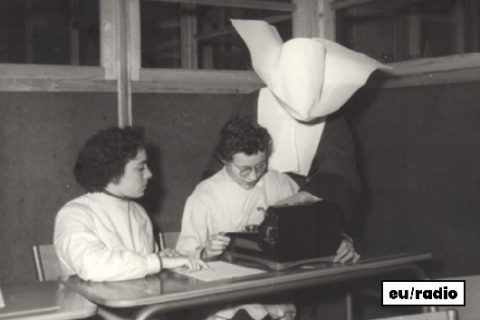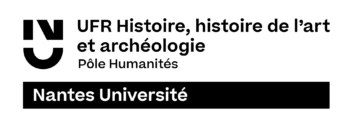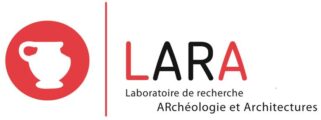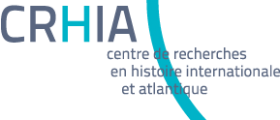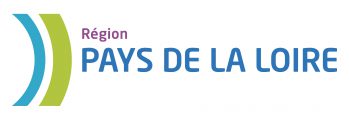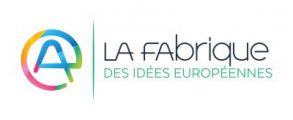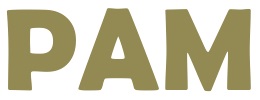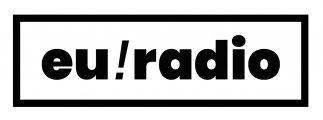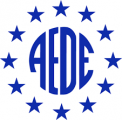Created in 2012 as part of Investments for the Future, LabEx-EHNE intends to propose a new history of Europe, one that is conceived from a global perspective and that goes beyond the institutional dimension. This sizeable project mobilises many historians who are committed to pooling knowledge and convinced that the history of Europe has yet to be written.
The main objective of the Labex-EHNE project is to shed light on the current crisis in Europe by reconstructing a new historiography of Europe which is equally aimed at the scientific world as it is for the teaching world, citizens and politicians.
Its ambition is to place French historiography in the history of Europe and international relations at the heart of the most essential historiographical and contemporary debates. This eight-year project will bring together the best talent in France on these issues and disseminate their knowledge through powerful European and international networks. It is led by five partner laboratories from three institutions (Paris IV, Paris 1, Nantes).
The aim is to produce specific history publications:
- A bilingual (FR/EN) online analytical encyclopaedia linked to an e-journal. Making original language documents available online
- 28 works, i.e. four per research theme, including two in English and French versions
- A final collective and bilingual (FR/EN) work (F/A)
- Workshops, study days and symposia to prepare these publications
Seven research themes have been identified. They are led by one of the five main laboratories:
Research Theme 4: Europe, Europeans and the world (Host Institution (EA) CRHIA, Nantes);
LabEx-EHNE Team
Director: Olivier Dard
Secretary General : Mathieu Marly
Presentation of the EHNE encyclopaedia
The digital EHNE encyclopaedia (www.ehne.fr), which went online in January 2016, offers transversal approaches towards the European history of gender, wars, art, movements and networks, major ideologies and political debates. It focuses on the cultural and religious foundations of Europe and looks at the relations between Europe and the rest of the world. The intersection of these different fields is at the heart of this ambitious project, as interrelating these fields leads to improved understanding of the networks and movements that have shaped the economic, cultural, social and political areas over the centuries, and also makes it possible to measure all aspects of Europe’s many different modes of organisation.
Target audience
Aimed at citizens, researchers and students, the digital encyclopaedia offers secondary and higher education teachers many opportunities for educational valorisation. Written by specialists, it is accompanied by illustrations from unpublished iconographic collections and videos from the collections of the National Audiovisual Institute. It will subsequently be adapted for teachers and elementary school students.
